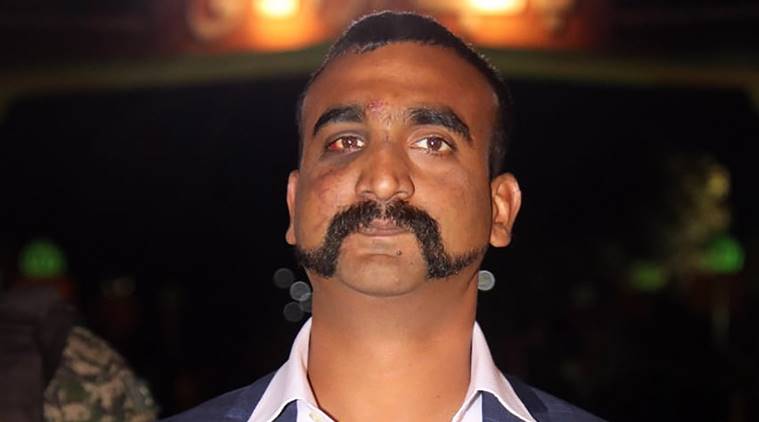Talk, but not on Kashmir
India-Pakistan dialogue should focus, instead, on reviving trade

On February 27, Wing Commander Abhinandan of the Indian Air Force (IAF) was arrested in Pakistan after his jet went down during a mission inside Pakistan. He was shown on television praising the Pakistan Army for treating him well, while bravely refusing to answer questions. The officer was impressive as he spoke, his face covered with blood, a brave son of a decorated IAF officer. Pakistan has done well to return him to India for the sake of peace.
On February 26, according to the Indian news agency ANI, “Indian Air Force Mirage 2000 fighters destroyed multiple terrorist camps across the Line of Control” killing hundreds of terrorists undergoing training. This news came after the Pakistan Army spokesperson Major General Asif Ghafoor had claimed that “Indian aircraft intruded from Muzaffarabad sector” and dropped a payload near Balakot after “facing timely and effective response from Pakistan Air Force”.
Union Minister of Agriculture and Farmers’ Welfare Gajendra Singh Shekhawat was the first to tweet on the attacks from the Indian government’s side. This was the first time after the 1971 war that IAF had crossed into Pakistan-controlled air space, he said. On the Pakistani side Major-General Asif Ghafoor, Director-General Inter-Services Public Relations (ISPR) gave information about the “Indian aircrafts’ intrusion across the LOC in Muzaffarabad Sector” to the media.
Pictures released by the DG-ISPR appeared in the Pakistani press showing a burnt steep mountainside with “no sign of any damage to any property, apart from a few pine trees”. India claimed that it had struck Balakot.
The world outside immediately focused on the infamous camp near Mansehra where the terrorist organisation, Jaish-e-Mohammad (JeM) was known to train terrorists. Mansehra became internationally known after a Pakistan airforce officer Adnan Rashid defected to the al Qaeda while training there. He later tried to kill former President Pervez Musharraf.
Musharraf, also a former army chief, who is today on the run from an anti-terrorism court says he didn’t kill Benazir Bhutto but some “rogue elements within the army” might have. He asserted: “I don’t have any facts. But my assessment is accurate. I think a lady who is known to be inclined towards the West is seen suspiciously by those elements.” But elements within the army thought Musharraf was doing something worse: Getting cosy with India. He survived an assassination attempt.










.png)




























No hay comentarios:
Publicar un comentario